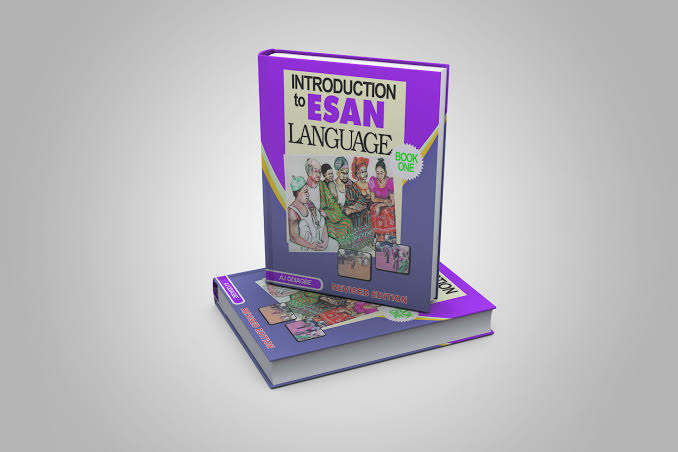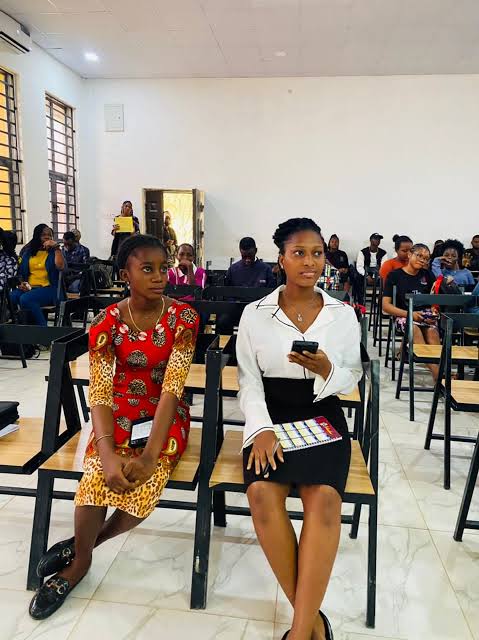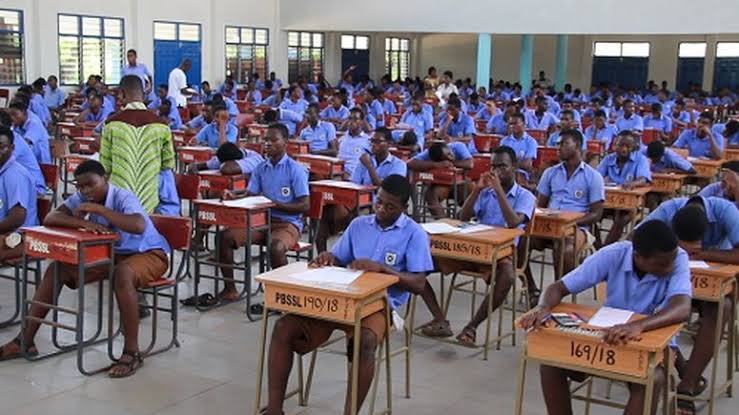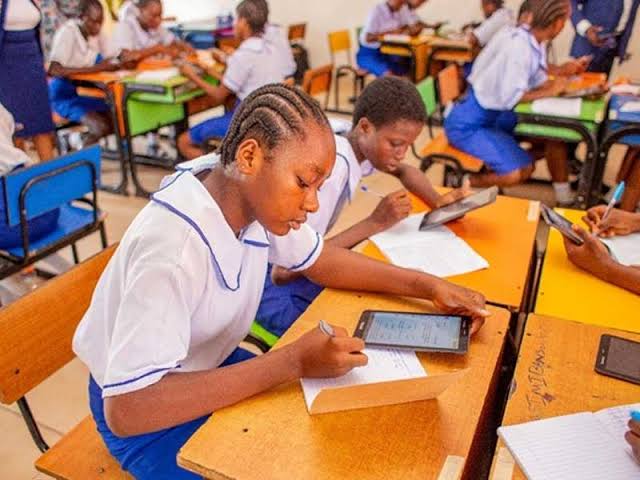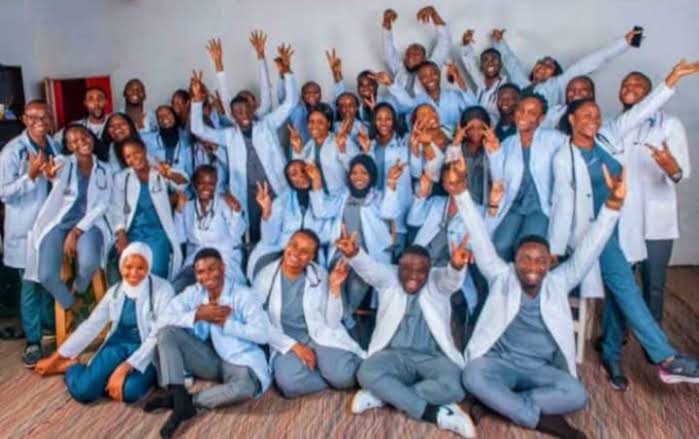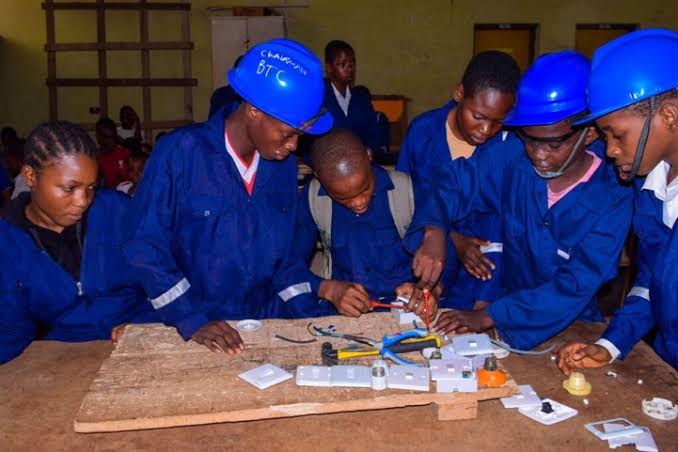Edo Education

Description
The Edo people, primarily found in Edo State, Nigeria, have a long-standing tradition of valuing education, which has evolved significantly over time. Their educational practices span from indigenous, informal systems to modern, formal education, reflecting the broader socio-cultural shifts in Nigerian society.
Traditional Education
Traditionally, education among the Edo people was rooted in the community and centered around the transmission of cultural knowledge, skills, and moral values. Elders, parents, and community leaders played a crucial role in this informal educational system. Education was holistic, involving the teaching of history, customs, norms, religious beliefs, and practical skills such as farming, weaving, and craftsmanship. Storytelling, proverbs, music, dance, and ceremonies were key methods of instruction, emphasizing the importance of social cohesion, respect for elders, and the understanding of one's role in the community.
Colonial and Missionary Influence
With the advent of colonialism and the arrival of Christian missionaries in the 19th century, the Edo people's educational system began to change. Missionaries established the first Western-style schools in Edo areas, focusing on literacy, numeracy, and religious education. These schools introduced formal education and European cultural values, which gradually became more widespread and accepted. The adoption of Western education created new opportunities for the Edo people, enabling them to engage more fully in the colonial administration and the broader economy.
Post-Colonial and Modern Education
In the post-colonial period, the Nigerian government placed a strong emphasis on expanding access to formal education. In Edo State, this led to the establishment of numerous primary, secondary, and tertiary institutions. The curriculum expanded to include a broader range of subjects, including science, technology, and the humanities, aligned with national educational standards.
The Edo people have a strong reputation for academic excellence, and many have excelled in various fields, both within Nigeria and internationally. The region is home to several notable educational institutions, such as the University of Benin, which is one of Nigeria's premier universities. There are also various technical and vocational schools aimed at equipping students with practical skills relevant to the job market.
Contemporary Challenges and Developments
Despite the progress in education, there are challenges, such as inadequate infrastructure, overcrowded classrooms, insufficient funding, and disparities in educational quality between urban and rural areas. However, the Edo State government, in collaboration with private organizations and international bodies, has been making efforts to address these issues. Initiatives like the EdoBEST (Edo Basic Education Sector Transformation) program aim to improve educational outcomes by enhancing teacher training, adopting digital learning tools, and ensuring better management of educational resources.
References
1.Osaghae, E. E. (1998). "Crippled Giant: Nigeria Since Independence."This book provides an overview of Nigeria’s socio-political development, including the educational evolution of its various ethnic groups, including the Edo people.
2. Bradbury, R. E. (1957). "The Benin Kingdom and the Edo-Speaking Peoples of South-Western Nigeria."A comprehensive anthropological study that includes discussions on the traditional educational practices of the Edo people.
3. Aghalino, S. O., & Udo, E. O. (2014). "Colonial Education in Benin and Esan Areas of Edo State, Nigeria: 1900-1960." Published in the *Journal of Nigerian History*, this paper explores the impact of colonial education on the Edo people.
4. EdoBEST (Edo Basic Education Sector Transformation).Government of Edo State.The official website and documents provide information on recent educational reforms and initiatives in Edo State.

Related Content
Join The Edo State Digital Library
The Edo State Digital Library is a global network of researchers, archivists that is open to anyone with interest in documenting Edo State's history. There are many ways to contribute to the archive: as an individual or as an institution looking to share its content online, as a professional archivist, as a history researcher, or as someone with a love for cultural heritage. You may join as a:
.png)
.png)
